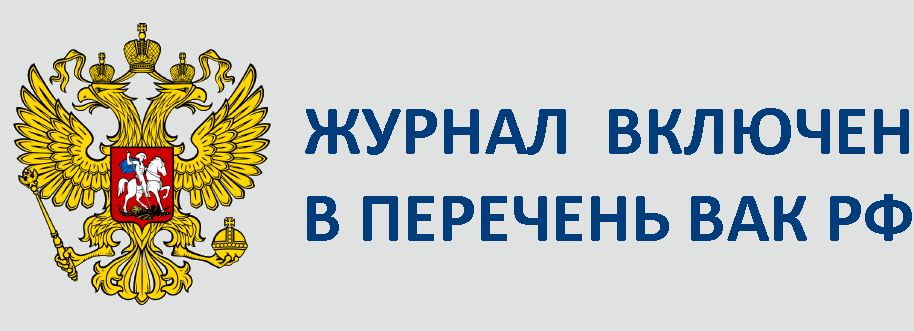№2-2022-16
DOI: 10.22281/2413-9912-2022-06-02-140-145
Fedin A.V., Yanenko E.M.
«THE WILD MAN» ARCHETYPE AS PERCEIVED BY NATIVE AMERICANS BY EUROPEANS: FROM THE MIDDLE AGES TO THE EARLY MODERN AGE
The discovery and exploration of the Americas in the fifteenth and eighteenth centuries «archaised» the consciousness of Europeans, awakening ancient myths and archetypes associated with them, which in turn influenced their perception and understanding of the indigenous inhabitants of the New World. The image of the «savage» was based on the ancient archetype of the » wild man», which became the «alter ego» of civilized and cultured Europeans. The image of the «savage» was based on the ancient archetype of the «savage man», which became the «alter ego» of the civilised and cultural European. The activation of this archetype as a result of the exploration of America finally constructed a coordinate system whose dichotomies still largely determine the Western worldview: civilization and barbarism, progress and regress, true faith/ideology/science and paganism/ignorance. From this point of view, it is interesting to examine the forms that the «savage» archetype took at different times of contact between Europeans and American Indians, in this case comparing the perception of the natives of North East North America (Woodland) by Vikings in the 10th to 11th centuries and by French colonists and missionaries in the 16th to 18th centuries. Stereotypes of «barbarism», «rudeness», «lust» and other anti-social qualities were the basis on which Europeans began to have direct contact with the Native Americans. At the same time, as relations developed and native cultures and ways of life were understood, a new perception of the «savage» was born, combining both the initial negativism and the positive traits that emerged. The result was the emergence of peculiar «hybrid» images.
Keywords: Wild Man myth, savage, skraeling, Indians, Icelandic sagas, exploration of North America, Vinland, missionary activity, Jesuits.
Academician I.G. Petrovskii Bryansk State University (Russia)
Это произведение доступно по лицензии Creative Commons «Attribution-ShareAlike» («Атрибуция — На тех же условиях») 4.0 Всемирная







